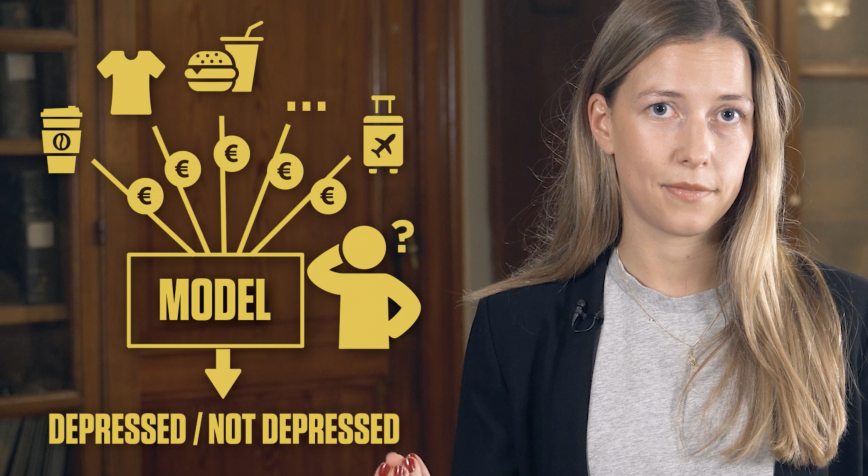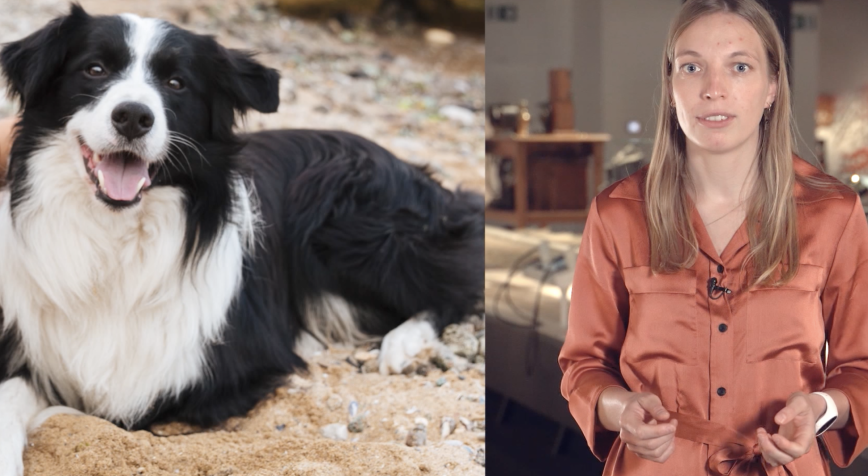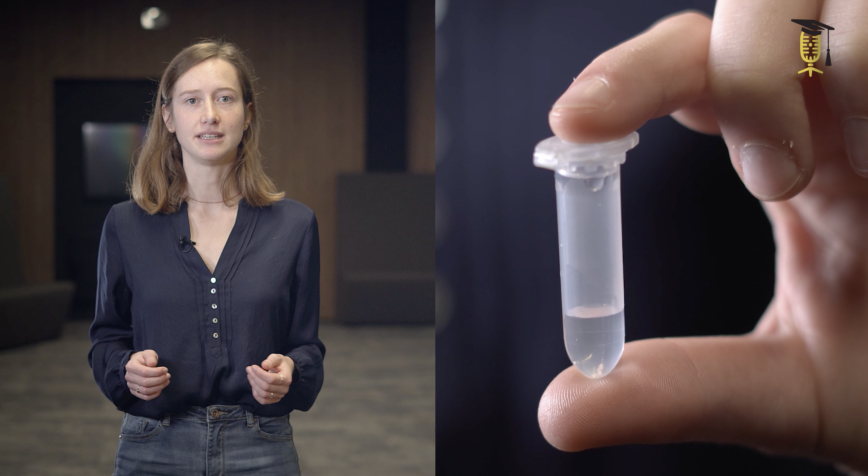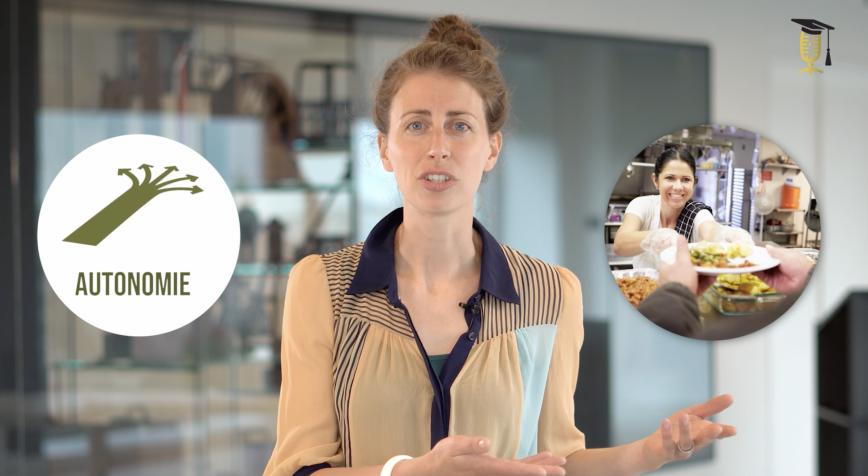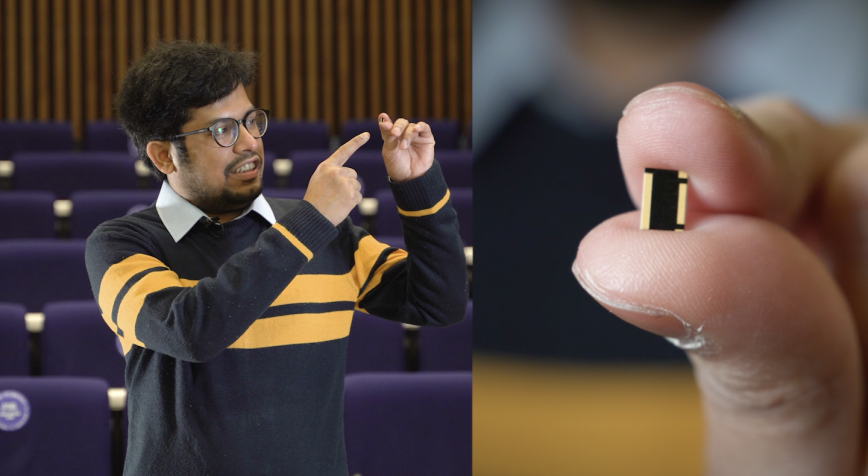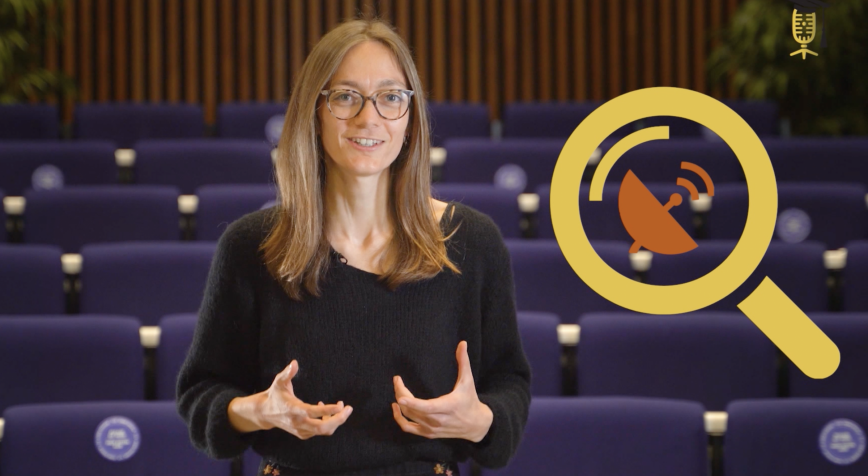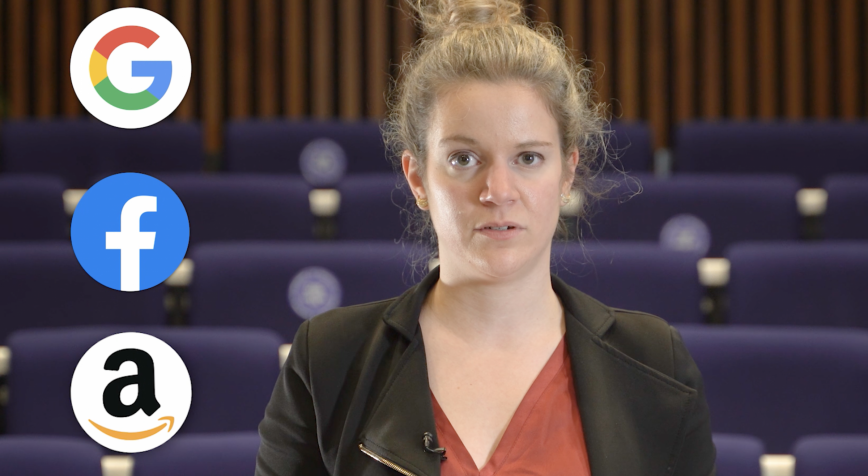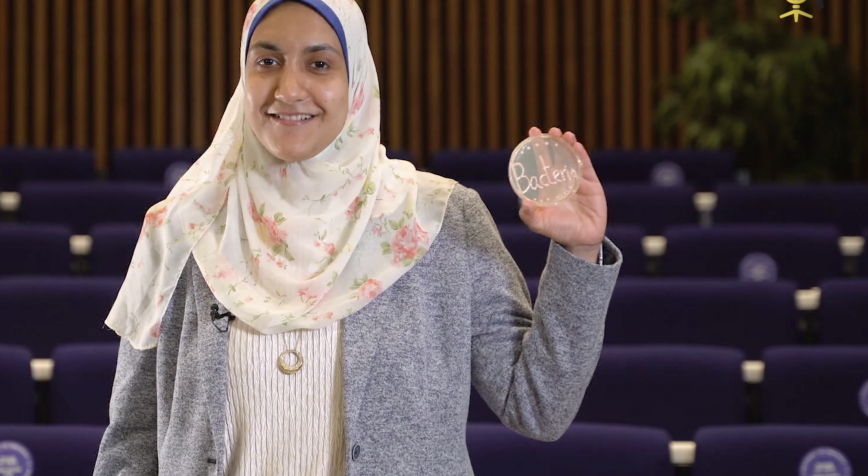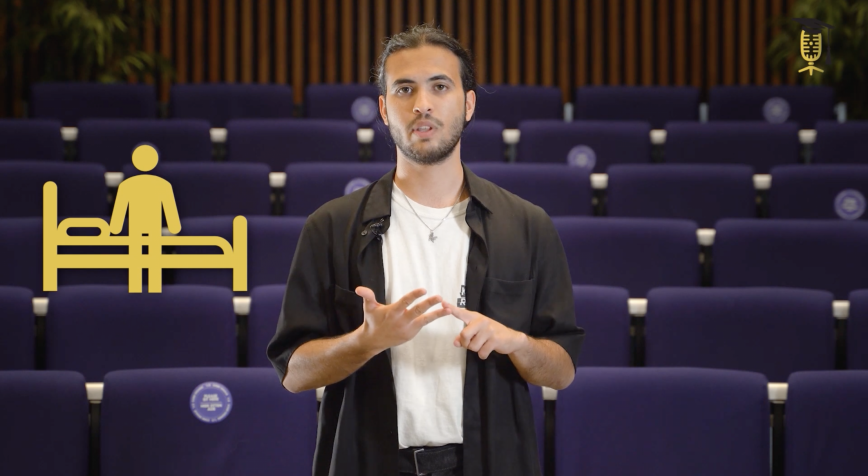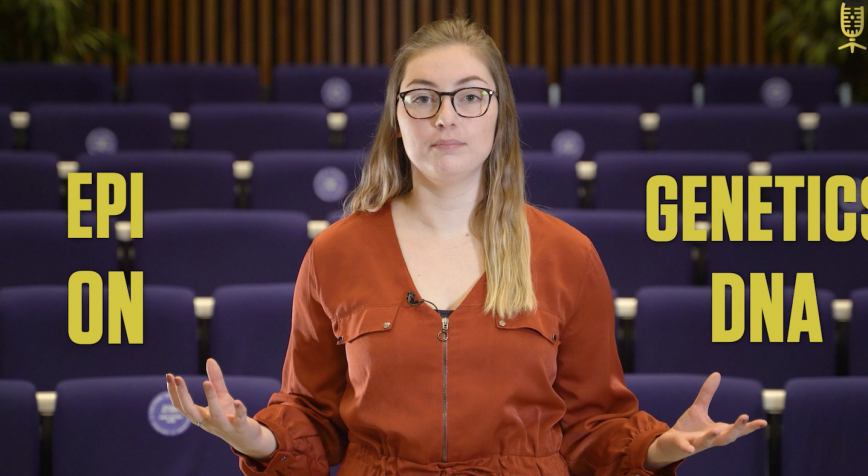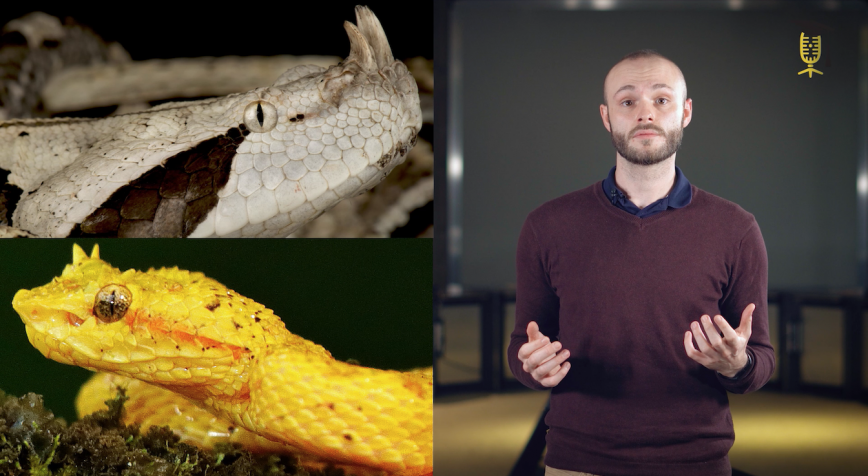
FWO
UAntwerpen
Why do snakes have horns?
When you think of animals with horns, you probably think of cows, goats, and rhinos. But did you know that many species of snakes have horns too? While this has been under the eye of researchers for a long time, it's still unclear why some snakes have horns. What do you think they're for? Federico Banfi sheds some light on current hypotheses. He hopes to find answers in his Ph.D. research.
